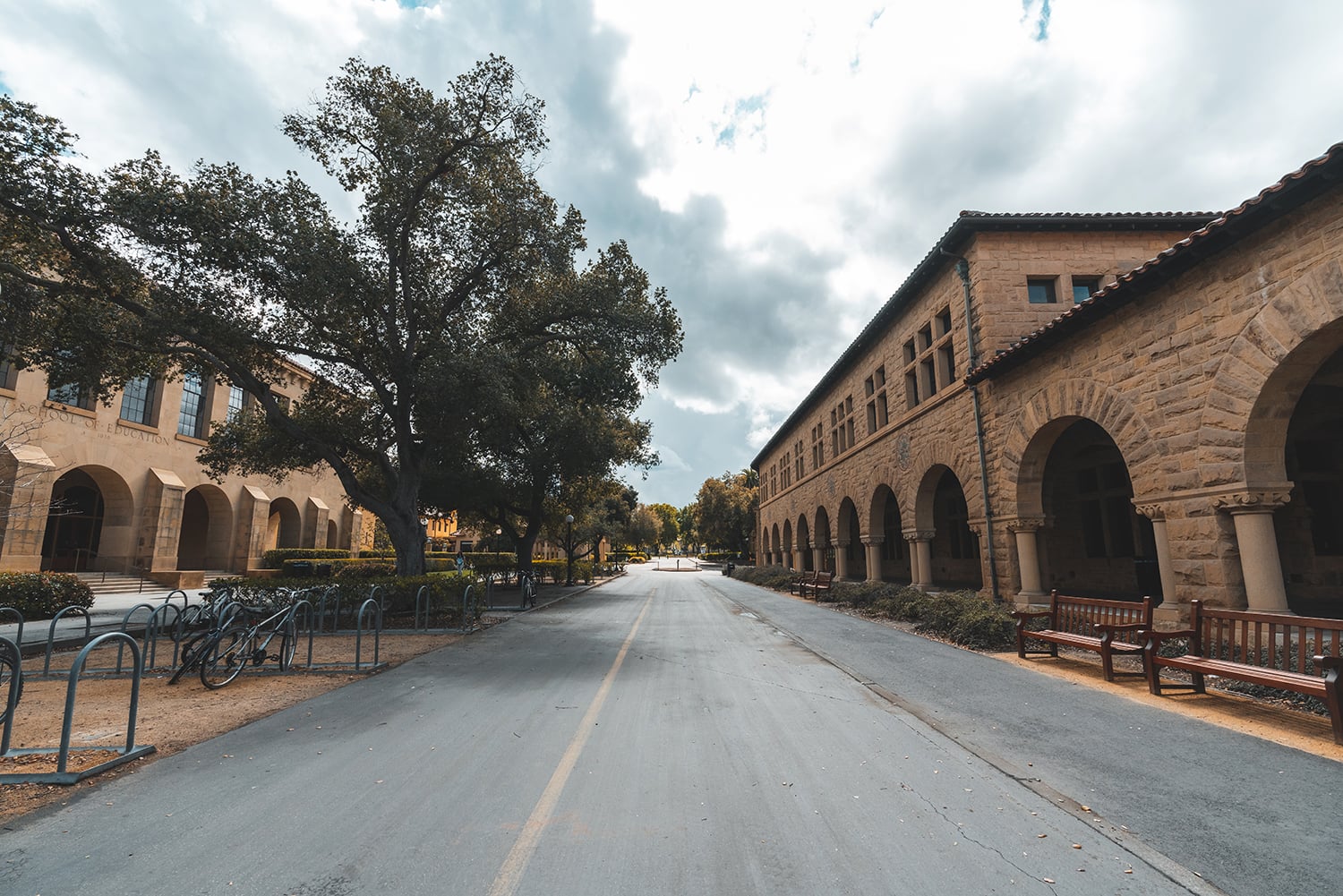When I was younger, 22 was always “the age.” At 22, I would be a college graduate, have a job lined up, move out of my parents’ house and be a “real” adult, whatever my adolescent mind thought that meant. Instead, the week after I turned 22, I and everyone around me had one thought on our minds: coronavirus.
As the campus basically shuts down for its undergrads, it feels like a whole chapter in the narratives of our lives has been torn out, and in its place loose-leaf papers with haphazardly scribbled notes have been stapled, taped, folded in. At any given moment, ask an undergrad what they’re thinking, and I can almost assure you that their answer will ring along the lines of the ways in which the response to coronavirus has us in a (not so mild) state of panic.
After an email’s notice, students pack their bags, not knowing when they’ll be back. Friends scramble to change their flights. Professors and TAs struggle to find some semblance of normalcy on unfamiliar online platforms, and to balance compassion with course expectations. Roommates wonder if they should ask to get their stuff shipped to them halfway across the country, or if/when they’ll be able to get their stuff back. Some shoot their shot, while others resign to a sense of futility in starting something that would have to develop in unfamiliar territory and in unconventional ways.
And seniors, more than anyone, it seems, mourn the loss of what should have been a grandiose spring quarter, filled with friendships and stargazing and saying goodbye on their terms, with everything on their college bucket list checked off and bidding farewell to all their friends with all the bittersweet cards and tears that come with 10 weeks of reflection.
Instead, we’re left with an all-too-quickly rising sense of fear that maybe all we have now is goodbye. With hastened timelines, we wonder if it’s even possible to squeeze all the emotions we are feeling into what feels like are the last days we may have with the people we have called family the past four years. The questions of what classes to take, what communities to invest in, what risks we want to take are overwhelmed with uncertainty for what the future will look like.
The response to this international pandemic affects everyone profoundly, and for college students, it’s forcing us to let go of the expectations of our future that we have been holding onto so tightly, and forcing onto us expedited questions of what and who we want to be outside the quiet comforts of class schedules and extracurriculars and friends no more than a 20-minute walk away — questions that we thought we would have more time to think about and answer.
Even beyond this idea of senior spring, our reactions in response to all the changes occurring because of coronavirus highlight all the situations, spaces and relationships we realize we can’t go without, and how greatly we try to evade an ill-defined tomorrow; and yet here we are trying to make the most out of the scattered pieces and people in front of us.
Things will return to some variation of normal eventually, but right now, we mourn the loss of choices we won’t be able to make. We mourn the future we once held so dear, only to have it stripped so suddenly, so abruptly, without any apologies. Everyday there’s another email, and with every email another string of hope we wear hanging around our necks is yanked off, and we’re left with a red impression of where it once was. My immigrant parents who fought tooth and nail for me and my brothers won’t get to see me walk across the stage to get my diploma. There will be no photos or laughter-filled reception. There will be no celebratory dinner, or getting the chance to meet the parents of all the friends who have made a home in our lives the past four years. No grad photos, no cliche pictures walking down the alcoves in front of the history corner, or in the quad, or with MemChu in the background.
This wasn’t the end I had envisioned, and I’m trying to let go of any notion I had of getting anything resembling normal the next few weeks, or maybe even months. But if anything, in this time of uncertainty, ambiguity, and change, I can only hope that we don’t let fear dictate our lives. With wisdom and discretion (and a whole chunk of common sense), we have responsibilities to keep each other healthy and safe, to keep thinking and creating, to love and be loved. Hope over fear. Peace over anxiety.
Contact Jessica de la Paz at jdelapaz ‘at’ stanford.edu.
